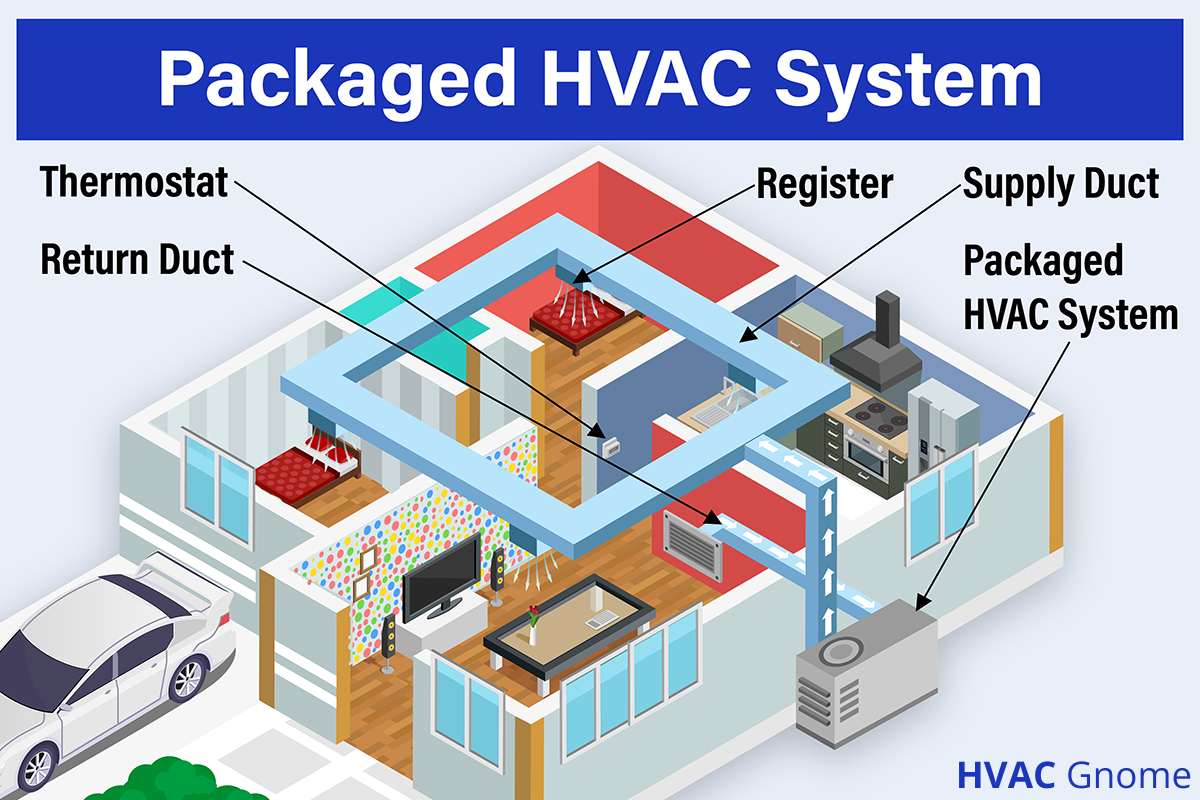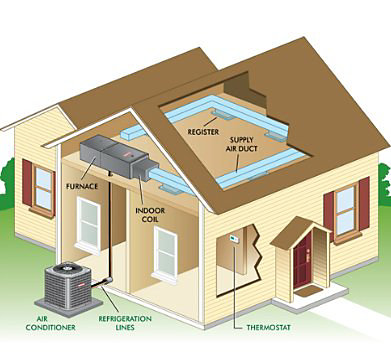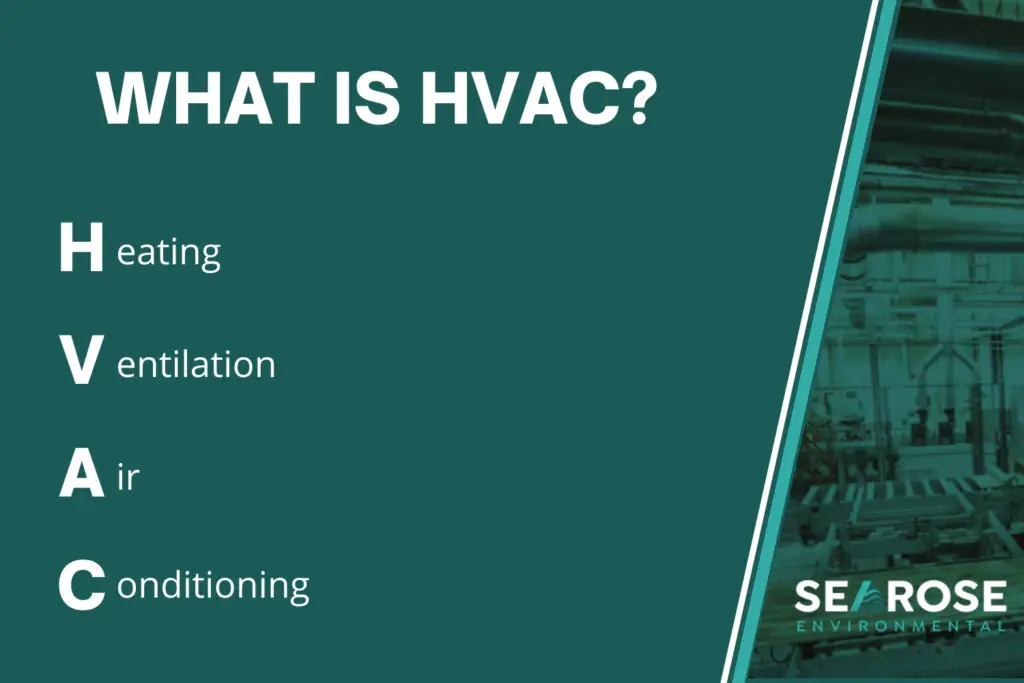Have you ever wondered why your home feels comfortable? The secret lies in HVAC. But, what is HVAC?

Credit: hvacgnome.com
Understanding HVAC
HVAC stands for Heating, Ventilation, and Air Conditioning. It is a system that controls the climate in your home. HVAC systems keep you warm in winter and cool in summer. They also ensure that the air you breathe is clean.
The Importance of HVAC
HVAC systems are crucial for many reasons:
- Comfort: They keep indoor temperatures comfortable.
- Air Quality: They filter out dust and allergens.
- Energy Efficiency: Modern systems save energy.
- Health: They reduce humidity and mold growth.

Credit: www.servicechampions.net
Components of HVAC Systems
HVAC systems are made up of several components. Each part has a specific role. Let’s explore these components:
1. Heating
The heating part of HVAC keeps your home warm. It usually uses a furnace or a heat pump. These systems burn fuel or use electricity to produce heat.
2. Ventilation
Ventilation is about moving air in and out of your home. It replaces stale air with fresh air. This helps to remove odors, moisture, and pollutants.
3. Air Conditioning
Air conditioning cools your home during hot weather. It uses a refrigerant to remove heat from the air. The cool air is then circulated throughout your home.
How HVAC Systems Work
Understanding how HVAC systems work can be fascinating. Here’s a simple breakdown:
Heating Process
- The thermostat senses the temperature.
- If it is too cold, it signals the furnace or heat pump.
- The furnace burns fuel or the heat pump uses electricity to generate heat.
- Warm air is distributed through ducts and vents.
Ventilation Process
- Fans pull in fresh air from outside.
- Stale indoor air is pushed out.
- Filters clean the incoming air.
- The fresh air is circulated throughout your home.
Air Conditioning Process
- The thermostat senses the temperature.
- If it is too hot, it signals the air conditioner.
- The air conditioner uses a refrigerant to absorb heat.
- Cool air is distributed through ducts and vents.
Types of HVAC Systems
There are different types of HVAC systems. Each type has its own benefits. Let’s look at some common ones:
1. Split Systems
Split systems are the most common. They have separate units for heating and cooling. The furnace is usually inside, and the air conditioner is outside.
2. Hybrid Systems
Hybrid systems use both a furnace and a heat pump. They switch between the two to save energy. This makes them very efficient.
3. Ductless Systems
Ductless systems do not use ducts. They have an outdoor unit and one or more indoor units. These systems are great for homes without ductwork.
4. Packaged Systems
Packaged systems have all components in one unit. This unit is usually placed outside. They are ideal for homes with limited indoor space.
Maintaining Your HVAC System
Proper maintenance is key to a long-lasting HVAC system. Here are some tips:
- Change filters regularly.
- Schedule annual inspections.
- Clean ducts and vents.
- Check for leaks and blockages.
Energy Efficiency and HVAC
Modern HVAC systems are designed to be energy-efficient. This helps to reduce energy bills and protect the environment. Here are some ways to improve efficiency:
- Use a programmable thermostat.
- Seal windows and doors to prevent drafts.
- Insulate your home properly.
- Upgrade to energy-efficient appliances.
Choosing the Right HVAC System
Choosing the right HVAC system is important. Consider these factors:
- Size: The system should be the right size for your home.
- Climate: Consider your local weather conditions.
- Budget: Factor in both initial and operating costs.
- Features: Look for features like air quality control and energy efficiency.
Frequently Asked Questions
What Does Hvac Stand For?
HVAC stands for Heating, Ventilation, and Air Conditioning. It refers to systems used for indoor environmental comfort.
How Does Hvac System Work?
HVAC systems control temperature, humidity, and air quality by using heating, cooling, and ventilation technologies.
What Are The Components Of Hvac?
The main components are furnace, air conditioner, ductwork, vents, and thermostat.
Why Is Hvac Maintenance Important?
Maintenance ensures efficiency, longevity, and prevents costly breakdowns. It improves indoor air quality and system performance.
Conclusion
HVAC systems play a crucial role in our daily lives. They provide comfort, improve air quality, and save energy. Understanding how they work can help you make informed decisions. Whether you are looking to install a new system or maintain an existing one, knowing the basics can be very helpful.
So, next time you enjoy a cozy home, remember the HVAC system working behind the scenes. It’s the unsung hero of home comfort!

